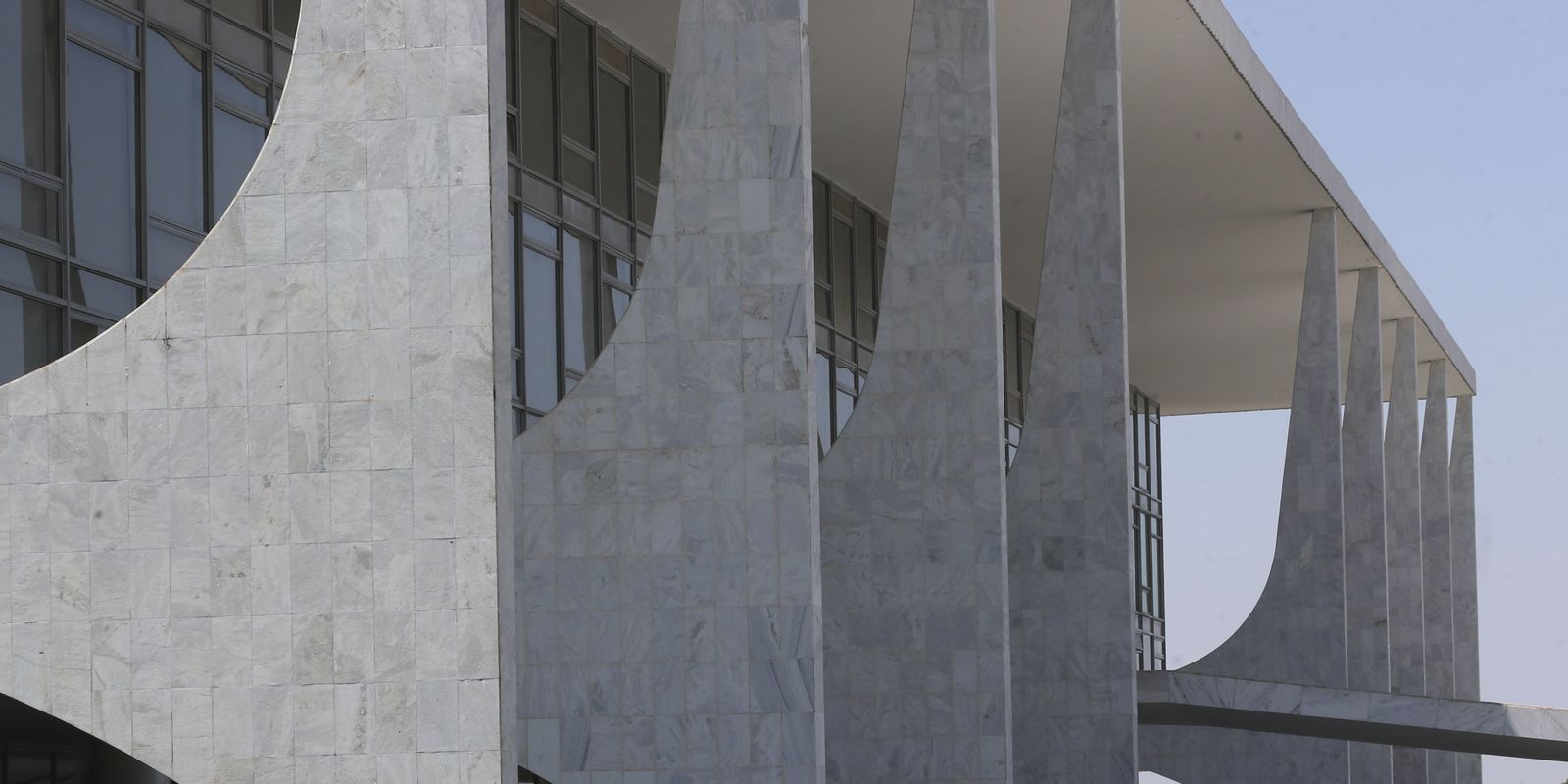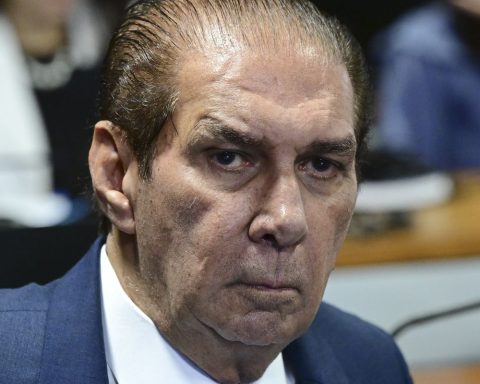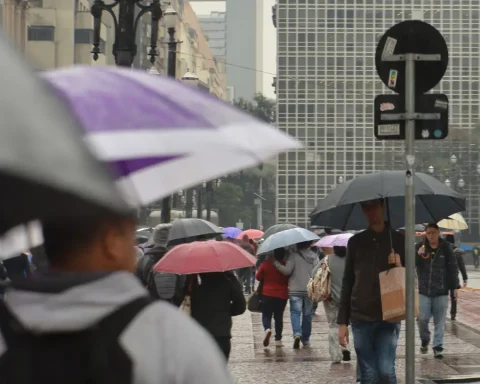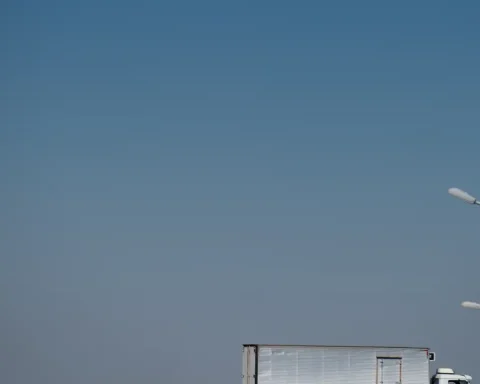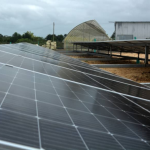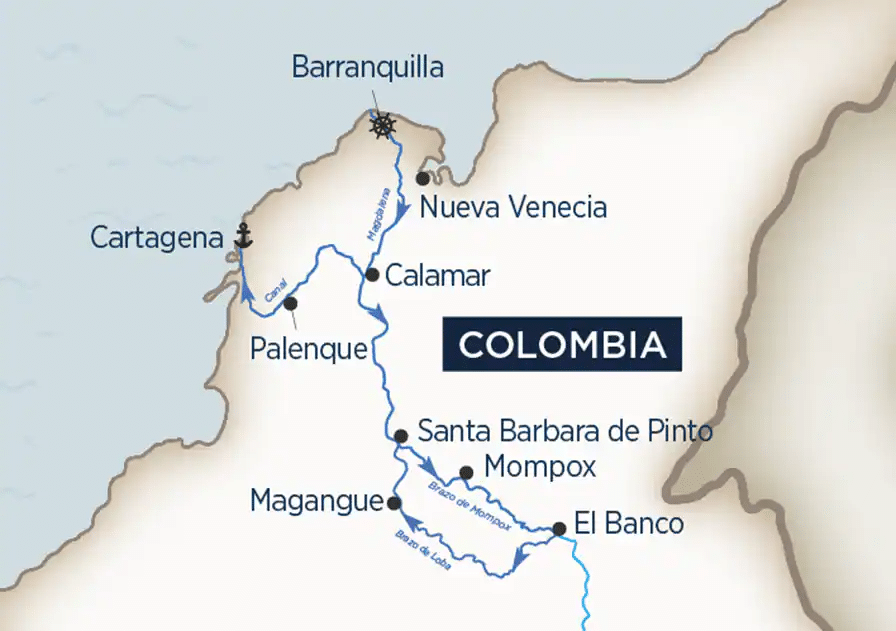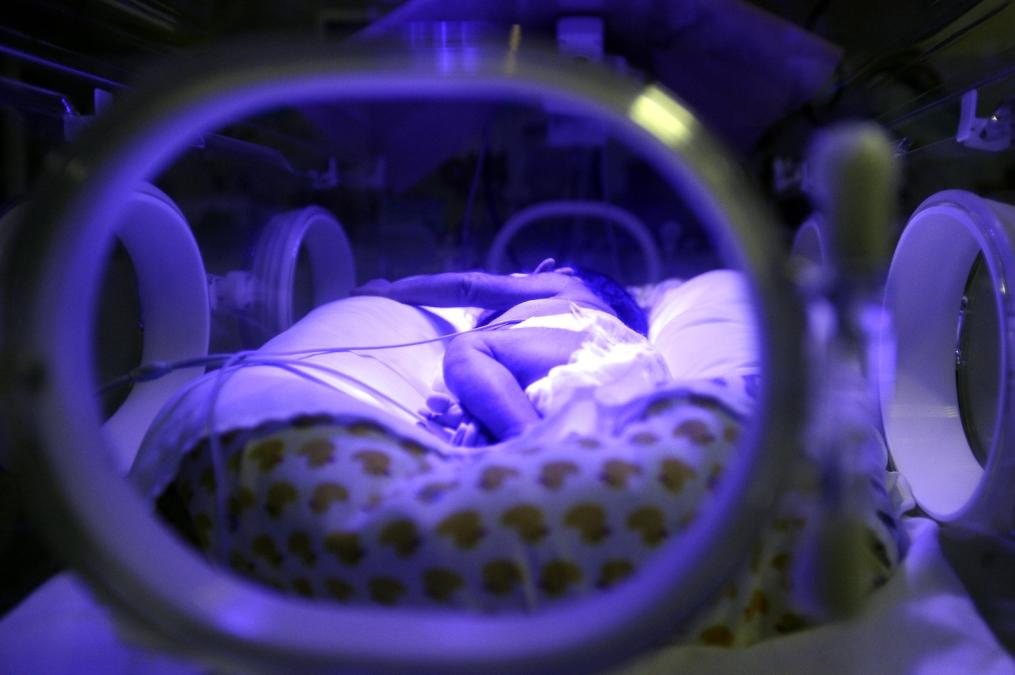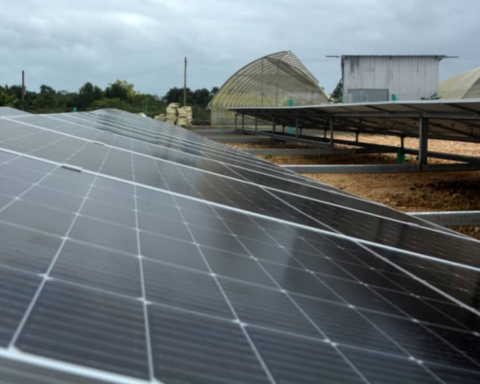President Luiz Inácio Lula da Silva sanctioned this Thursday (16) the Complementary Law Project (PLC) 68/2024, which regulates the tax reform on consumption. The text, now converted into Complementary Law 214, had voting completed by the National Congress at the end of last year and marks a historic moment in the restructuring of the country’s tax system, discussed three decades ago.
“Doing what we did in a democratic regime, in a Congress where my party only had 70 deputies and 9 senators. Doing this with a free press, a free union and with businessmen being able to say whatever they want, demonstrates that democracy is the best way to governance that exists on planet Earth”, celebrated the president, in a speech at the sanction ceremony, at Palácio do Planalto. For the president, due to the magnitude of the reform, which included a constitutional amendment, complementary law and a change that affects the interests of all states and municipalities, only an authoritarian regime would be able to do it, but Brazilian democracy accomplished a “feat”.
The president of the Senate, Rodrigo Pacheco (PSD-MG), who participated in the ceremony to sanction the new law, stated that the approval of the reform was only possible due to the broad engagement of various sectors of Brazilian society, the government and the National Congress. For the parliamentarian, the reform, although not ideal, combats cumulativeness [cobrança de imposto sobre imposto]ends the tax war between states and provides more tax justice.
The regulatory text of the reform deals with the rules on the incidence of the Value Added Tax (Dual VAT), which is subdivided into two basic taxes on consumption: the Contribution on Goods and Services (CBS), collected at the federal level, and the Tax on Goods and Services (IBS), which will be collected by states and municipalities. These new taxes were formulated in a constitutional amendment approved in December 2023in what was the first major step of the reform.
In addition, the Selective Tax (IS), the so-called “sin tax”, will be instituted, which is a surcharge applied to certain products and services considered harmful to health and the environment. The new legislation gradually promotes the replacement of five taxes: PIS, Cofins, IOF-Seguros, IPI, ICMS and ISS. The transition process to the new model, with Dual VAT, begins in 2027 and runs until 2033.
Impact
“It’s a slow process, but the effect of the tax reform on the country’s growth is extremely relevant. Within 10 to 15 years, we are talking about an increase in income greater than 10%, in addition to the GDP growth [Produto Interno Bruto, soma de bens e serviços] of all Brazilians, because of this reform. And we are talking about a fairer system than the current one, because it relieves the poor more and burdens the rich more, unlike what happens today”, highlighted the extraordinary secretary for Tax Reform, Bernardo Appy.
“The change will not be noticeable tomorrow or the day after tomorrow, but I am sure that this will be the greatest legacy in the economy that President Lula will leave,” said Finance Minister, Fernando Haddad. The changes, according to him, will make Brazil emerge from one of the worst tax regimes on the planet.
“The latest report from the World Bank places the current tax system, which is no longer in force, among the 10 worst in the world, among 190 countries evaluated. We are in position 184. There are only 6 countries with a tax system worse than the Brazilian one”, observed Haddad.
News
In addition to reducing and simplifying taxes, the reform regulations bring new features such as cashback (partial tax refund for the poorest), reduced taxes on real estate and a tax-free national food basket.
“The system cashback will guarantee personalized tax refunds to low-income families registered with CadÚnico [Cadastro Único de Programas Sociais]. Therefore, with clear and defined social criteria. Anyone earning up to half a minimum wage per capita family income will be eligible to automatically receive the cashback of this tax”, said Senator Eduardo Braga (MDB-AM), PLC rapporteur in the Senate, citing that the poorest will be able to recover taxes on gas cylinders and electricity services and others.
In the assessment of federal deputy Reginaldo Lopes (PT-MG), one of the PLC’s rapporteurs in the Chamber, this reform “is the most important for the economic sectors since the Real Plan, and which could bring gains in competitiveness and productivity”, in addition to help face the problem of deindustrialization in the country.
The law also creates differentiated regimes, with reduced IBS and CBS rates, for intellectual professionals, health and education services, personal hygiene products used by low-income people, services and operations linked to national security, information security and cyber security, agricultural, forestry and extractive products, as well as artistic and cultural productions.
According to the Minister of Finance, President Lula vetoed some sections of the approved bill that do not affect the “merit decisions” from the National Congress. These vetoes are being detailed in a press conference with technicians from the department.
